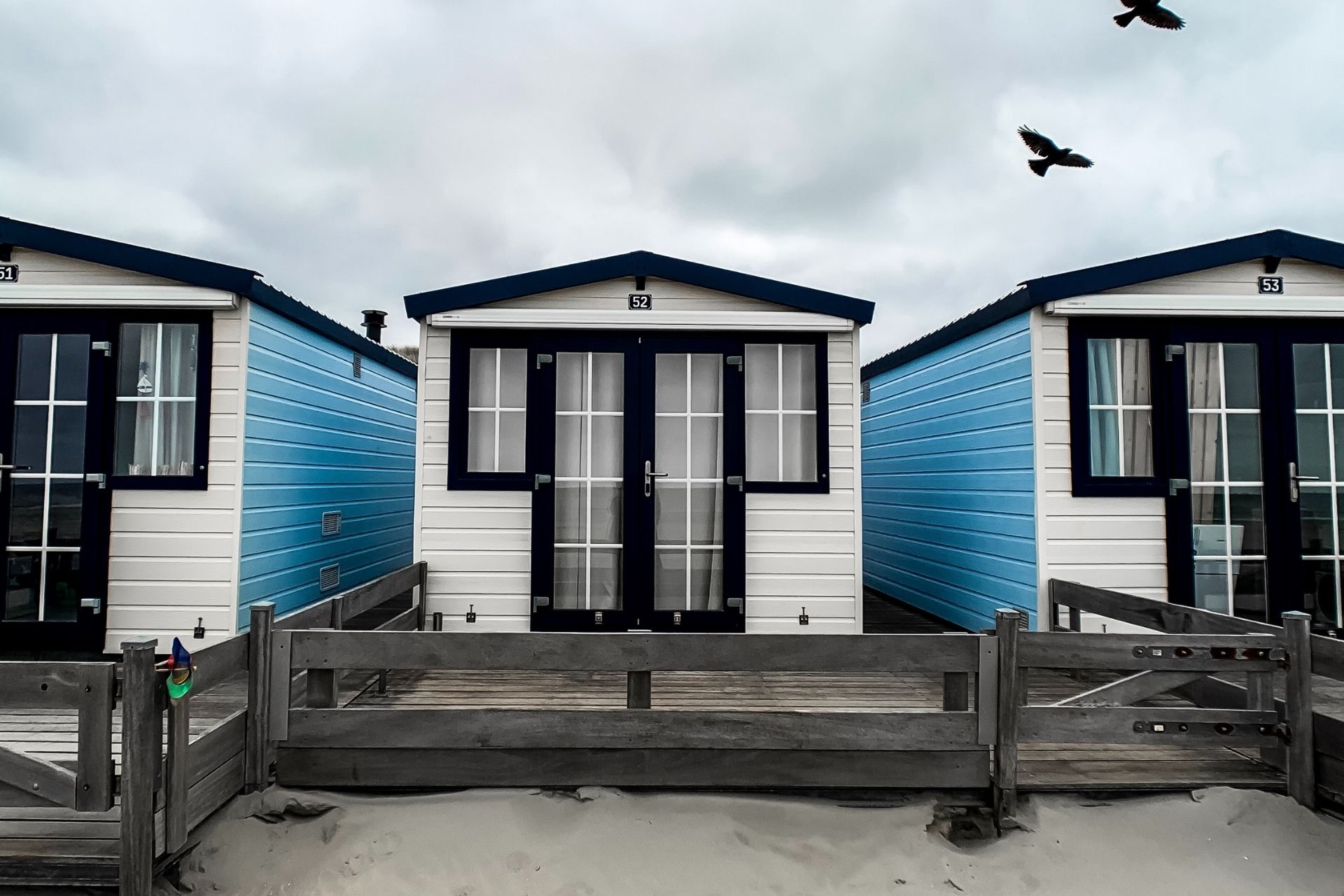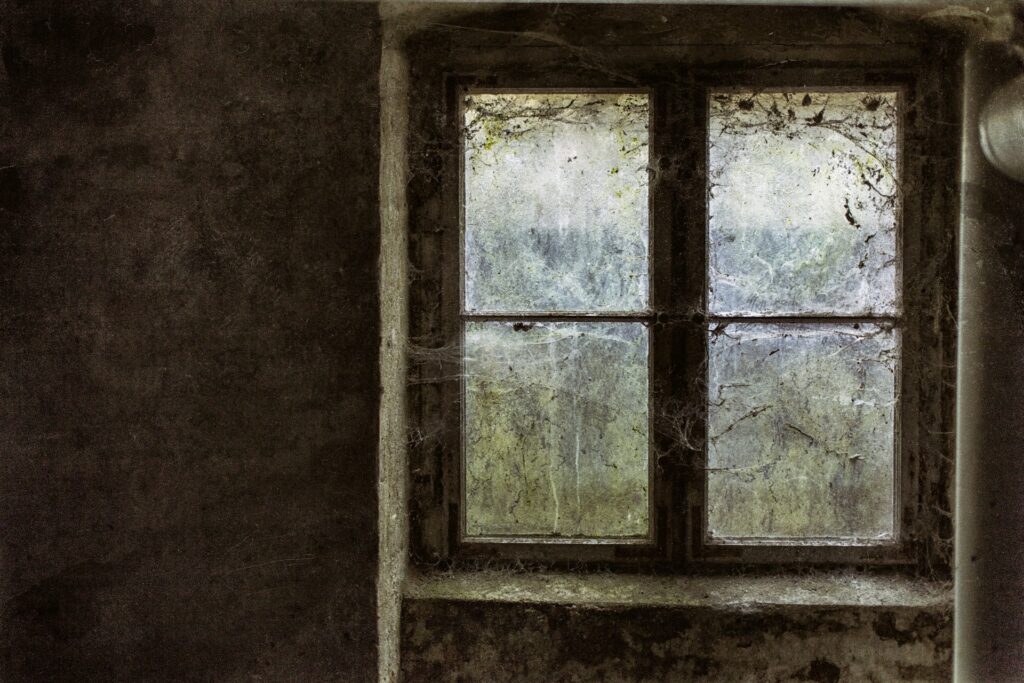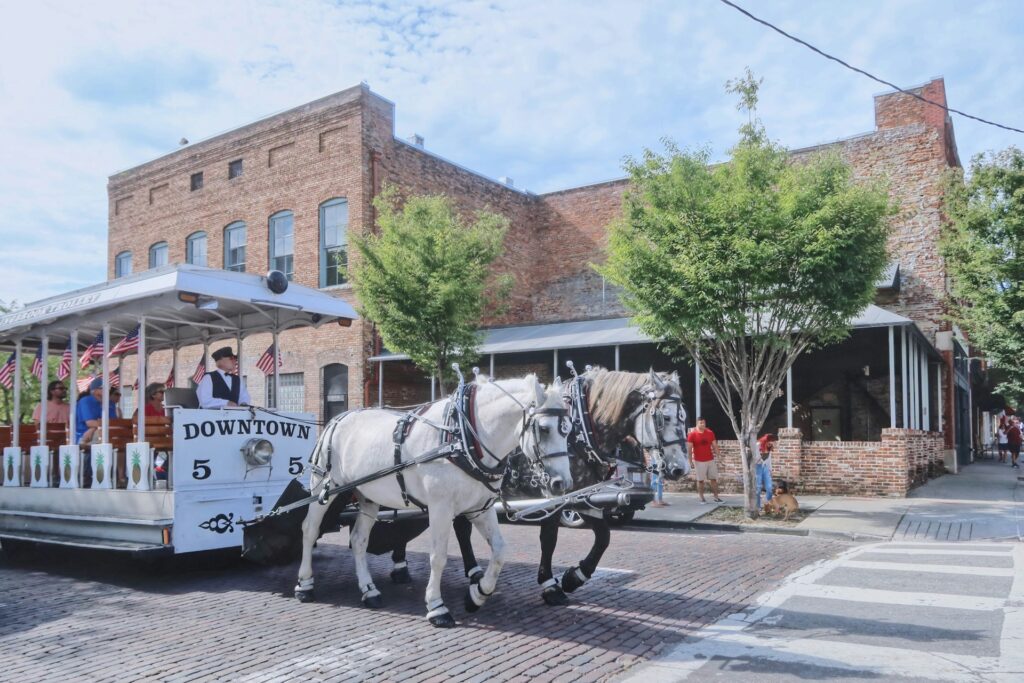
We are reader-supported. When you buy through links on our site, we may earn an affiliate commission.
People often have misconceptions about the different types of homes. Over the years, home styles have come and gone, and the proper names for these homes get jumbled. It’s common for people to confuse modular, mobile and manufactured homes, but each is still a popular home type.
When talking about modular or mobile homes, people often picture a double-wide trailer sitting in a mobile home park. However, those are either mobile or manufactured homes. The confusion comes because people use the terms “modular home” and “mobile (or manufactured) home” interchangeably. The confusion gets even worse when talking about mobile homes versus trailers.
Mobile homes are often manufactured in the same way as manufactured homes — that is, parts of the house are assembled in a factory. There are differences between the two, though. If you’re contemplating purchasing either a modular home or a mobile home, you should understand that they are separate from each other to ensure you get the home of your dreams.
Let’s take a look at the differences between a modular home vs. a mobile home.
What Is a Modular Home?
Modular homes, also known as prefabricated homes, are those built in a factory. The factory builders complete about 80-90% of the house before transporting it by a semi-truck to the building site. Typically, modular homes come unassembled before reaching their final destination. And it is not on a chassis, which would mean you could move it.
Think of modular homes like a gingerbread house kit you get from the store. All of the walls, colors and icing are already there. You just have to assemble it. Once complete, it looks just like any other gingerbread house, and it can be difficult to tell if it was homemade or from the store.
A homebuyer can purchase property, order a modular home fit to their design, and have it shipped and completed on their property. The home arrives in multiple pieces, and a crane operator takes each piece and sets them on the foundation. After it comes together, it is challenging to tell the difference between a modular home and a traditionally built home.
There are specific rules and regulations for modular construction. They have to comply with your local building requirements and safety codes. These are the same rules that traditionally-built homes have to follow. This also means that they have to have a builder’s warranty coverage. Plus, banks view modular homes the same way as built-on-site homes, so they’re relatively simple to finance or refinance.
Modular homes appreciate over time, and they must go through inspection processes. The houses are good to live in once approved by local inspectors both in the factory and on-site. It only takes about four to eight weeks for the factory to complete construction, so you can purchase one and begin living in it in little to no time. However, you must complete the foundation for the home before arrival.
Pros of a Modular Home
There are many advantages to a modular home. Below are some of the pros of purchasing a modular home:
- Strong: Modular homes are quite strong. They have to hold up during the transportation of the prefabricated parts. Thye have to withstand all of the rigors of road transport.
- Customizable: You can completely customize your modular home. A consultant will likely provide you with frame examples, but as far as colors, shapes and how many bedrooms and bathrooms you get, you can make it all your own.
- Quick construction: Manufacturers build modular homes reasonably quickly. They assemble all of the part in a factory, so a crane operator has to piece them together once they arrive on your site. You can work on the foundation while the prefabricated parts are being created.
- Saves money: Modular homes save money on utility bills because of their energy-efficient construction. Plus, all of the pieces used for construction are purchased in bulk, saving extra money.
- Appreciate over time: Just like a traditional home, modular homes appreciate over time.
- Environmentally friendly: The modular home construction process is highly efficient, which helps reduce material waste. Plus, since they’re customizable, you can include solar panels or even choose off-grid living.
- Financeable: Again, modular homes are financeable, just like traditional homes.
Modular homes are an excellent option for families.
Cons of a Modular Home
Although there are many advantages to modular homes, there are some cons:
- May need renovations: Many people opt for new modular homes because if you purchase an existing prefabricated home, you’ll likely need to do renovations.
- Purchase land: Not all areas are zoned for modular homes, so you need to consider the land you purchase.
- Not all-inclusive: Getting a mortgage may take some work on your end. Plus, the price isn’t all-inclusive, which can throw off budgets if you don’t consider the land and foundation.
- Carry a stigma: If you ever plan to sell your modular home, people may have a stigma against them that they’re not as good as traditional homes, making it harder to sell.
Always weigh your pros and cons before deciding on your home!
What Is a Mobile Home?
When it comes to looking at a modular home vs. mobile home, you’ll see that they have many differences. People often refer to mobile homes as any home that you can transport to various locations.
Today, people consider mobile homes and manufactured homes the same thing. However, mobile homes are distinguishable by the date they were built. In 1974, congress passed the National Mobile Home Construction and Safety Act. Following that, the Housing and Urban Development (HUD) code passed, setting specific standards for manufactured homes.
Before the HUD code, companies mass-produced mobile homes because populations demanded affordable and moveable housing. However, there weren’t many regulations in place. Early mobile homes are more akin to modern-day trailers and campers. Manufacturers constructed these homes atop steel beams that you could place on a foundation in the desired location.
Later, in 1980, another housing act passed that changed the name from “mobile” to “manufactured” because of new regulations, giving rise to the beautiful and modern manufactured homes today. While mobile homes technically refer to the homes built before 1976, people still use the term for manufactured homes.
Builders construct manufactured or mobile homes according to the HUD code. However, modular homes are formed according to local and state regulations, which is a primary difference. They’re constructed entirely in a factory and arrive to be placed on a foundation, like metal piers, wooden pillars, a basement or a solid foundation. You can move them after the initial placement, too.
Pros of a Mobile Home
Here are some of the pros of a mobile home:
- Affordable: Mobile homes are one of the most affordable housing options. They have an overall lower price per square foot. You also pay lower taxes if you place the house on land you already own.
- Customizable: You can customize your mobile home, adding in marble countertops or super-soft carpeting.
- Low maintenance: Mobile homes are generally low maintenance because there are limited items that need to be replaced or repaired.
- Mobile: As the name suggests, mobile homes are mobile. They move with you.
- Environmentally friendly: Today, manufacturers often make mobile homes with environmentally friendly materials and even run on solar power. They’re also Energy Star certified.
- Quickly constructed: You can order a mobile home and get it within 60 days.
The affordability of mobile homes is often the selling point for buyers.
Cons of a Mobile Home
Below are a few cons of getting a mobile home:
- Depreciation: Manufactured homes depreciate over time.
- Hard to resell: If a mobile home is in a trailer park, the buyer has to move the house, which adds extra costs, turning down potential buyers.
- Complex financing: It’s more challenging to finance a mobile home than traditional or modular homes.
- Limited design: Mobile homes typically come in one shape. You can’t add wings to a mobile home and still make it transportable.
- Stigma: Unfortunately, there’s a stigma behind living in a mobile home because people see them as cheap.
Although there are cons to purchasing a mobile home, they’re generally great starter homes!
Which Home Is Right for You?
Now that you know the difference between a modular home vs. mobile homes, which one is right for you?










